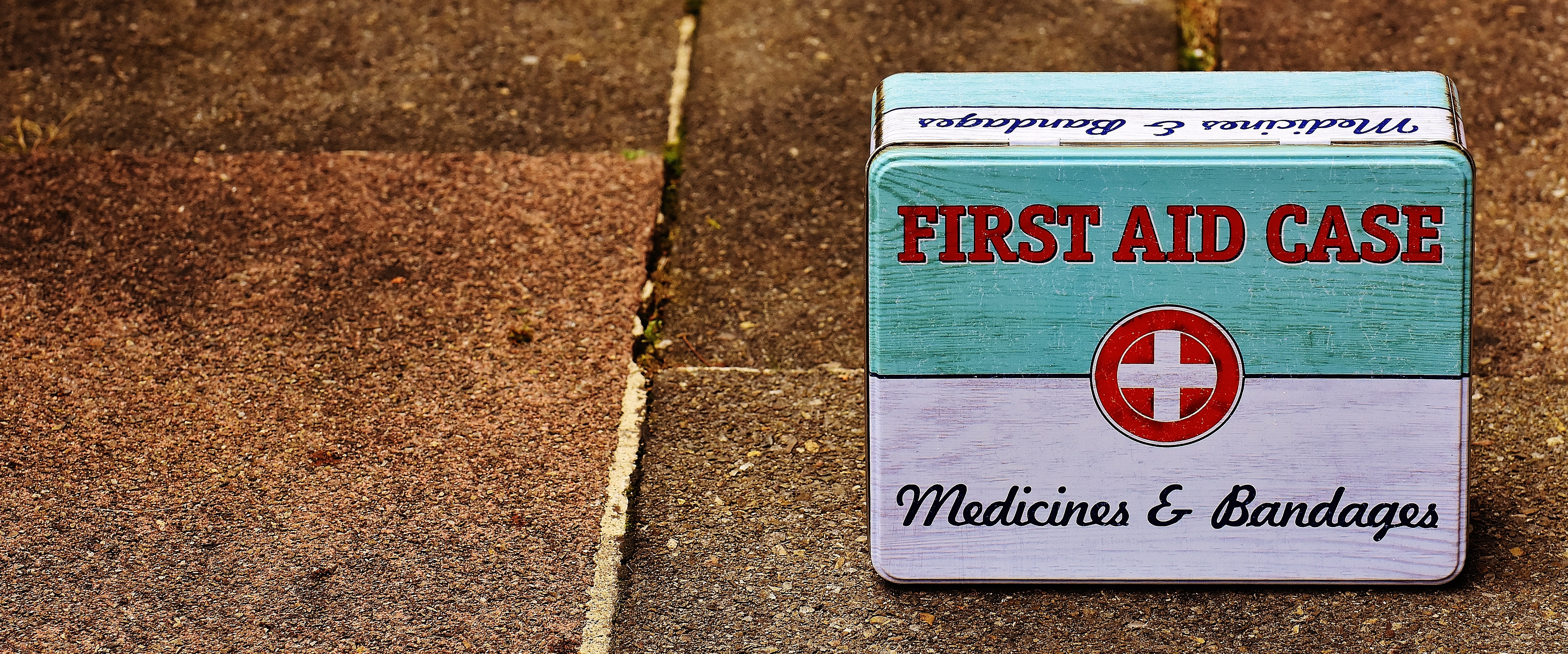We must all learn emotional first aid
‘Time to Talk’ Day – a movement that encourages people to speak up about mental health – took place on February 1 this year. It came and went too quietly for a movement that aims to inspire people to be loud and talk amongst others about the still misunderstood subject matter. I did not know that ‘Time to Talk’ Day existed before this year, yet I am a firm believer that the first step to combatting poor mental health is to talk about it, whether that be with friends, a teacher, a parent, or professionals. The act of talking is often underestimated by the everyday person who struggles with any mental health problem.
There is no hiding the figures (taken from the Samaritans website): male suicide rates are three times higher than female in the UK, and astonishingly, five times higher in the Republic of Ireland. It is also known that, due to our society’s gender roles, women are able to express their emotional needs and display their inner feelings more easily than men. To me, there is a direct correlation between being open with our feelings and feeling less isolated as a result, thus the disparity between the female and male suicide rates.
40% of people who feel as though they do not have close friendships said that they also rarely feel good about themselves
From the beginning of our lives, the time that shapes and influences us most as human beings, we learn very little about how to fully comprehend and support our emotional struggles, while receiving comprehensive advice about what to do if you’re in danger physically (never speak to a stranger, rub the place that hurts when you fall over, put a plaster on if you cut yourself). Guy Winch, a doctor of psychology, points out in his TedX talk Why we all need to practice emotional first aid that while children are made aware of how to recover from an injury such as falling over and cutting their knee from as early an age as five, they are taught “nothing” about “emotional hygiene”.
Perhaps this lack of emotional education is why, according to the counselling service Relate, 40% of people who feel as though they do not have close friendships said that they also rarely feel good about themselves. This highlights the crucial role that friends and family play in our lives; feeling as though you have a network, or even just one person to rely on, can boost both self-esteem and happiness.
Even within a community of forward-thinking students, people struggle to be honest with each other when discussing mental health
Now, in 2018, even within a community of forward-thinking students, people struggle to be honest with each other when discussing mental health. Admitting to feeling anxious, depressed, upset, or stressed can still feel like a taboo, or something to be ashamed of. But why? Ironically, one of the reasons is because it isn’t being spoken about enough. Again, why? Perhaps due to the fear that when talking openly and accessing the support needed, we feel as though we are burdening other people with our problems. Or, maybe, as Winch suggests, it is because we have not been taught how to practice emotional first aid – how to heal our emotional wounds, and, more importantly, confront them whilst they are still raw.
Talking is cathartic. It creates time to reflect on your emotions and discover the root of why you are feeling that way. When you find the root, it can be pulled out. When it is left, the weed will only fester, allowing more weeds to grow in the same patch.
It is also important to emphasise that no problem is too big or too small to speak up about. Reaching out for professional help does not have to mean that you are in an unbearable mental situation. For some people – including myself – it may simply mean that you aren’t feeling quite yourself and need that extra support in figuring out what your options are to get back on track.
Speaking from experience, the University’s counselling service is excellent
Speaking from experience, the University’s counselling service is excellent, and I’d recommend arranging to see people at the first available opportunity. It is a self-referral system, meaning that you do not need to see a doctor first; you can just call and book yourself in. No questions are asked as to why you are going and the staff are friendly and informative. If professional help is a little daunting, then I encourage a conversation with a friend. The likelihood is that they will be appreciative of the fact you trust in them enough to be honest, which will make them more inclined to be personally motivated to help you. Friendships are two-way and can grow with this level of trust – it is naïve to think you have to be on your own when sometimes, people only a text away can give you the best answers.
‘A problem shared is a problem halved.’ Let’s combat stigmas about mental health by opening up about our own feelings. If we conditioned ourselves differently – like February 1 denoted – no one would have to feel like their mental health is something to be ashamed of, and that can’t be addressed. It could take one conversation to make a difference – in yourself, and, eventually, in wider society too.

Comments (1)
—Let’s combat stigmas about mental health ??
Or, rather than joining them:
—Let’s combat those who say there is one!
Your choice.
Which do you think would be the more fruitful, teaching them or allowing them to teach you?
Harold A. Maio, retired mental health editor